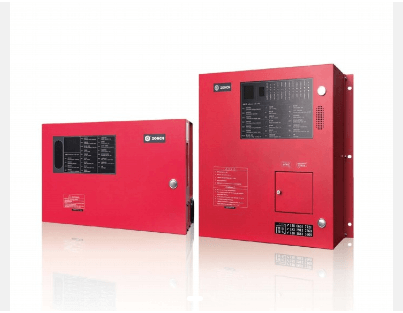
A Servo Motor is a type of motor that can precisely control position, speed and acceleration, and is widely used in applications that require high precision and fast response, such as automation equipment, robotics, CNC machine tools, and aerospace. A servo motor typically consists of a motor body, a feedback device (such as an encoder or resolver), and a controller to process the feedback signals.
The main components of a servo motor
Motor body: This can be a direct current motor (DC) or an alternating current motor (AC), depending on the needs of the specific application. It usually has high torque and high efficiency.
Feedback device of servo motor
Encoder: Provides precise position information and determines the rotation angle of the motor by reading the pulse signals on the encoder disk.
Resolver: An analog feedback device that measures rotor position by sensing voltage changes.
Controller: Receives signals from the feedback device, compares them to the target position or speed, and adjusts motor inputs to correct deviations. Common control algorithms include PID control, fuzzy control, etc.
Working principle of servo motor
Target command: The control system sends the target position, speed or torque command to the servo motor.
Feedback Comparison: The feedback device monitors the actual position, speed and other parameters of the motor in real time and transmits the signals back to the controller.
Error Calculation and Adjustment: The controller compares the error between the target value and the actual value and calculates the required adjustment amount.
Output Adjustment: The controller adjusts the input voltage or current of the motor so that the motor movement reaches the target position or speed.
Advantages of servo motor
- High precision: able to accurately control the motor’s movement position and speed.
- Fast response: fast dynamic response characteristics, suitable for demanding application scenarios.
- Good stability: able to maintain stable output, even under changing load conditions.
Servo motor applications
Industrial automation: used in robot arms, automated production lines, packaging equipment, etc.
CNC machine tools : for positioning and motion control of precision machining.
Aerospace: Used for control systems of aircraft, such as servos, etc.
Medical equipment: for surgical robots, medical imaging equipment, etc.
In short, servo motors are widely used in various fields that require precise motion control due to their excellent precision, fast response and high reliability.
